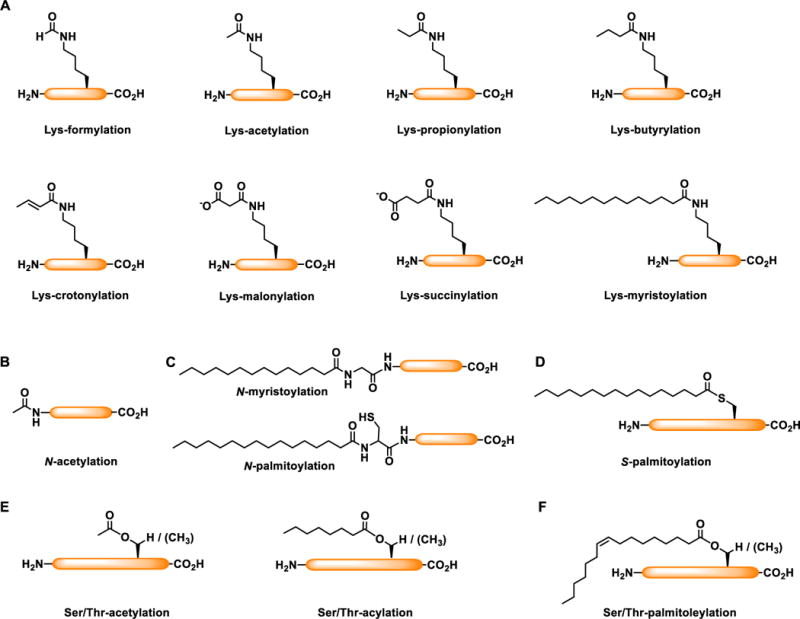Acylation Quantitative Protein Analysis Service
- Home
- Applications
- Proteomics Analysis Services
- Protein Post-Translational Modification Analysis Services
- Acylation Quantitative Protein Analysis Service
Service Details
Acylation is an important post-translational modification of proteins, and acyl-CoA compounds act as acyl donors for protein acylation and directly participate in protein acylation in vivo. In addition to the most thoroughly studied acetylation, various acylation modifications have been discovered in recent years, including propionylation, malonylation, glutarylation, succinylation, crotonylation, butyrylation, 2-hydroxyisobutyrylation, and β-butyrylation, etc. This protein post-translational modification widely exists in prokaryotes and eukaryotes, regulates a variety of important biological processes, and is closely related to various physiological processes such as DNA binding, transcription, cell signal transduction, and energy metabolism. Acylation quantitative protein analysis is a method to analyze the acylation level of biological samples in different states (physiological or pathological) and to deeply reveal the relationships between changes of acylation modification of protein and life activities, which is an important means to elucidate the mechanism of life activitie, screen clinical markers of diseases and identify drug targets.
 Fig. 1. Different types of
protein acylation. (Thinon E, et al., 2015)
Fig. 1. Different types of
protein acylation. (Thinon E, et al., 2015)
Creative Proteomics has launched an advanced protein acylation analysis platform with a powerful mass spectrometry platform, and combined with nanoLC-MS/MS, on the basis of rich experience in mass spectrometry sequencing.
At Creative Proteomics, our efficient, professional laboratory technicians employ a bottom-up approach to analysis acylated proteins. First, the protein was digested into peptide fragments, and then the mixture of digested peptide fragments was separated by liquid chromatography to reduce the complexity of the sample, and finally analyzed and quantified by LC-MS/MS.
During our service cycle, we provide specific means to process acylated proteins to meet any of your needs. Before mass spectrometry analysis, some types of acylated peptides can be enriched by high-quality acylated class-specific antibodies bining or selective chemical labeling to achieve large-scale analysis of acylated proteins.
With cutting-edge equipment and expertise in protein sequencing and mass spectrometry, we provide one-stop acylation quantitative protein analysis services. You only need to tell us the purpose of your experiment and send your samples to us, we will take care of all the follow-up matters of the project.
Our analytical process includes:
Thanks to our powerful mass spectrometry sequencing platform, Creative Proteomics provides a one-stop shop for acylation quantitative protein analysis service. Our experienced scientists work with you to develop tailor-made analytical solutions. Please feel free to contact us with any questions regarding acylation quantitative protein analysis.
References
For research use only, not intended for any clinical use.